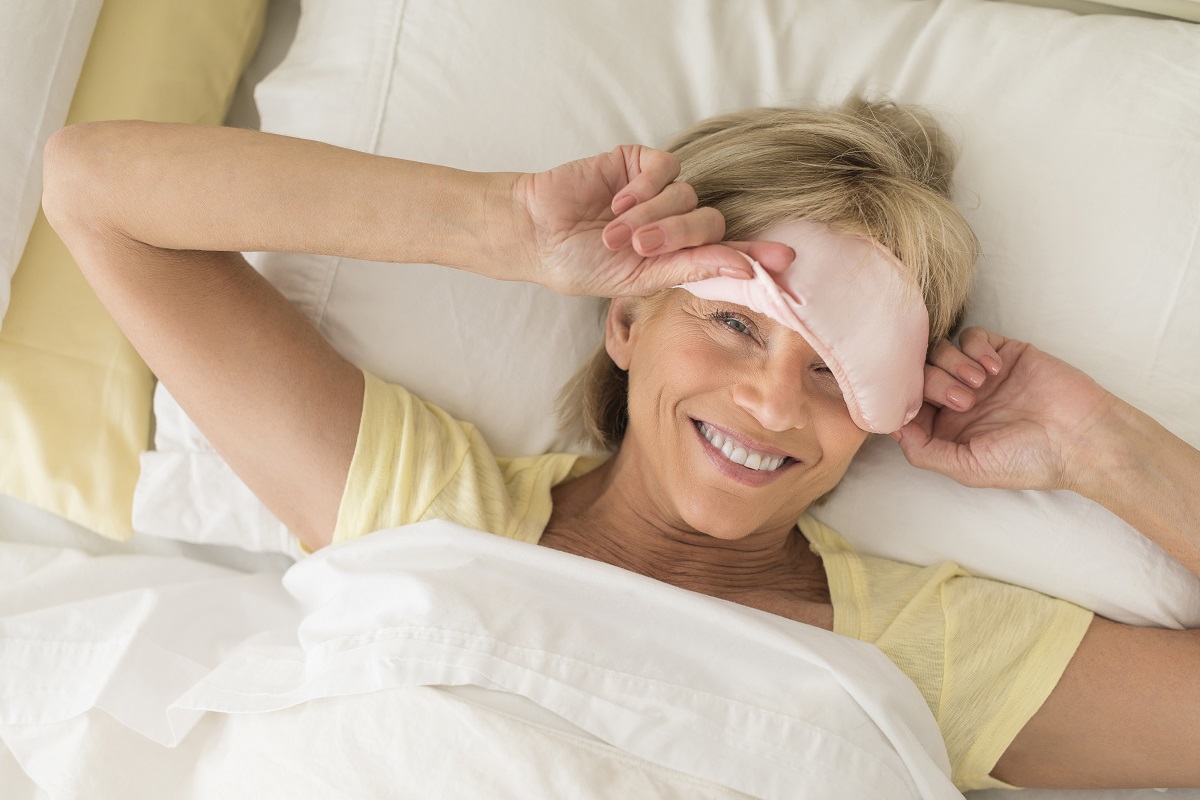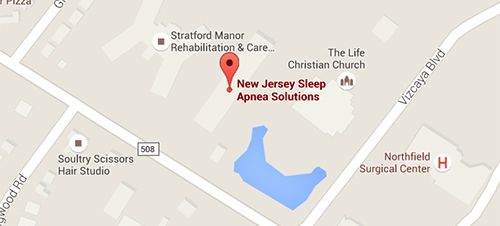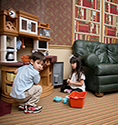Can a Weighted Blanket Help You Sleep Better?
Submitted by New Jersey Snoring Solutions on Thu 06/18/2020 - 09:00

Could something as simple as a blanket help the 50 to 70 million adults who are suffering to get a good night’s rest?
The masterminds behind weighted blankets think so.
Weighted blankets look like normal blankets, but are filled with glass or plastic beads that add anywhere from 5 to 30 pounds to the heaviness of the blanket.
Some people claim that the pressure from the blankets creates calm and relaxation for better sleep.
Whether weighted blankets can improve your sleep troubles depends, in part, on your health and medical history. Read on as Dr. Ivan Stein of New Jersey Sleep Apnea Solutions explains how weighted blankets work, and who they can help.
The Science Behind Weighted Blankets
Weighted blankets create firm, consistent pressure that mimics a therapeutic technique called deep pressure stimulation. This technique, similar to what you would experience during a massage, uses hands-on pressure to relax your body’s nervous system, or the system that promotes alertness and vigilance and creates the “fight or flight” response.
Calming nervous system activity with deep pressure simulation leads to positive changes in hormone levels. For instance, research suggests that deep pressure stimulation reduces cortisol, the “stress hormone,” while triggering the release of serotonin and dopamine — the “feel good” hormones that promote relaxation and stabilize mood. Studies show that deep pressure stimulation also triggers oxytocin, the hormone that creates feelings of closeness and attachment, generates calm and helps regulate sleep cycles. Oxytocin levels increase as we sleep and peak during deep REM sleep.
Many people describe the sensation of sleeping under a weighted blanket as being enveloped in a soothing hug. The gentle pressure from being hugged or swaddled helps elicit a sense of calm, making it easier to fall asleep with fewer awakenings during the night. The blankets are heavy enough to exert enough pressure without restricting movement, feeling uncomfortable or generating too much heat.
Safe for Sleep Apnea?
Though studies have shown that weighted blankets improve sleep for individuals with conditions including autism, attention deficit hyperactivity disorder (ADHD) and anxiety, the blankets are currently not recommended for individuals with obstructive sleep apnea. If the blankets are pulled up high enough, they can add more pressure to an already narrowed airway.
Weighted blankets are also not suitable for individuals with asthma or claustrophobia, or children under the age of 3.
Contact Our Sleep Apnea Expert
If you show symptoms of sleep apnea or have been diagnosed with sleep apnea, check with your doctor before trying a weighted blanket. And for more information about the management of sleep apnea, call or email New Jersey Sleep Apnea Solutions.







